Russia: Germany stalling Navalny probe ‘on purpose'
Russia has accused Germany of stalling the process of an investigation into the condition of opposition figure Alexi Navalny after Berlin failed to respond to a request for his medical records by Russian prosecutors.
Russian Foreign Ministry Spokeswoman Maria Zakharova said in a statement on Sunday that German authorities did not respond to the request by the Prosecutor-General’s Office for “Navalny’s biomaterial.”
“By not sending its answer, Berlin is stalling the process of investigation for which its calling. On purpose?” Zkharova asked.
She was reacting to German Foreign Minister Heiko Maas’ threats about imposing sanctions on Russia over Navalny’s alleged poisoning.
Mass said earlier in the day that Germany, the current head of the European Union (EU), will discuss possible sanctions with its allies against Russia if Moscow “does not help clarify what happened” to Navalny.
“If in the coming days Russia does not help clarify what happened, we will be compelled to discuss a response with our allies,” Maas told German daily Bild. Any sanctions decided should be “targeted,” he added.
Zakharova said, “If the German government is sincere in its statements then it should be interested in preparing a response to a request of the Russian Prosecutor General's Office as soon as possible.”
"So far we are not certain that Germany is not playing a double game,” he said. “Where is the 'urgency' you are insisting upon?” she asked.
Navalny, 44, who had reportedly drunk a cup of tea at the airport prior to a flight from the Siberian city of Tomsk to the Russian capital of Moscow last month, collapsed on the flight and his plane was forced to make an emergency landing in Omsk due to a sudden deterioration in his health.
Navalny’s team claimed that the drink had been poisoned, accusing Moscow of poisoning the opposition figure and ordering a ban on transporting him in “an attempt on his life.” But he was soon airlifted to Germany for treatment.
German doctors at Berlin’s Charite Hospital, where Navalny was admitted to, said clinical findings indicated he had been poisoned with a substance from the group of cholinesterase inhibitors. They said the specific substance was unknown.
Russia has said its doctors who treated Navalny initially were much more transparent than the German doctors treating him now.
Germany claimed on Wednesday that Navalny had been affected by a Soviet-style Novichok nerve agent.
Kremlin spokesman Dmitry Peskov, however, said according to Russian doctors “it wasn’t a poisoning.”
“The German specialists managed to establish some kind of poisonous substance. We’re counting on a dialogue with our German colleagues,” he said.
Peskov also said Russian specialists are carrying out investigations as well and that “if there is confirmation of the presence of poisonous substances in the biological material of the patient, then of course legal consequences will follow."
"We ask everyone to rely on the facts,” he said.
On Saturday, Russia ‘s National Medical Chamber called on Germany’s Medical Association to set up a joint group of experts to assess his condition.
"Many are concerned about Navalny’s fate, so the National Medical Chamber has called on the German Medical Association … to establish an expert group in order to look into the main cause of Navalny’s state," said the chamber’s president Leonid Roshal.
"If it turns out that Navalny was really poisoned, we believe it necessary to open a criminal case in Russia," Roshal added.
Russia has until now not opened an investigation into the case, saying there is no evidence yet of a crime.
While the West is accusing Russia of poisoning Navalny, US President Donald Trump said at a press briefing on Friday that his administration had not yet seen any proof of his poisoning.
“It’s tragic. It’s terrible, it shouldn’t happen. We haven’t had any proof yet, but I will take a look,” Trump said at a news conference.
His State Department, however, took a different stance earlier on Friday, calling on “Russia to cooperate fully with the international community’s investigation into this attack.”
NATO on Friday reiterated the allegations, saying the poisoning was a "serious breach of international law and requires an international response.”
A NATO in-house lab test claimed it was "beyond doubt" that the opposition figure had been poisoned with Novichok, in what the NATO chief described as an "assassination attempt."
In response to allegations about developing Novichok, Russia’s Foreign Ministry said in a statement on Saturday, "For many years, specialists in many Western countries and in the specialized structures of NATO have worked with this wide ranging group of chemical components.”
The allegation is the latest in a series of accusations against Moscow. In 2018, the UK accused Russia of having poisoned Sergei Skripal, a former double spy, and his daughter in Salisbury in southern England. Russia repeatedly denied any involvement in that incident.
‘Biden supports Israel because he fears huge Jewish influence’
VIDEO | In Srinagar, people mourn martyrdom of Iran’s President Raeisi
VIDEO | Iranian Hajj pilgrims mourn beloved president, foreign minister
US police dismantle pro-Palestine encampment at Michigan University
Iranian Air Force chief visits families of crew martyred in crash
UNRWA suspends food distribution in Rafah amid Israeli invasion
VIDEO | Iranians in Tabriz hold mourning ceremony for President Raeisi
VIDEO | UN Security Council observes moment of silence in memory of President Raeisi


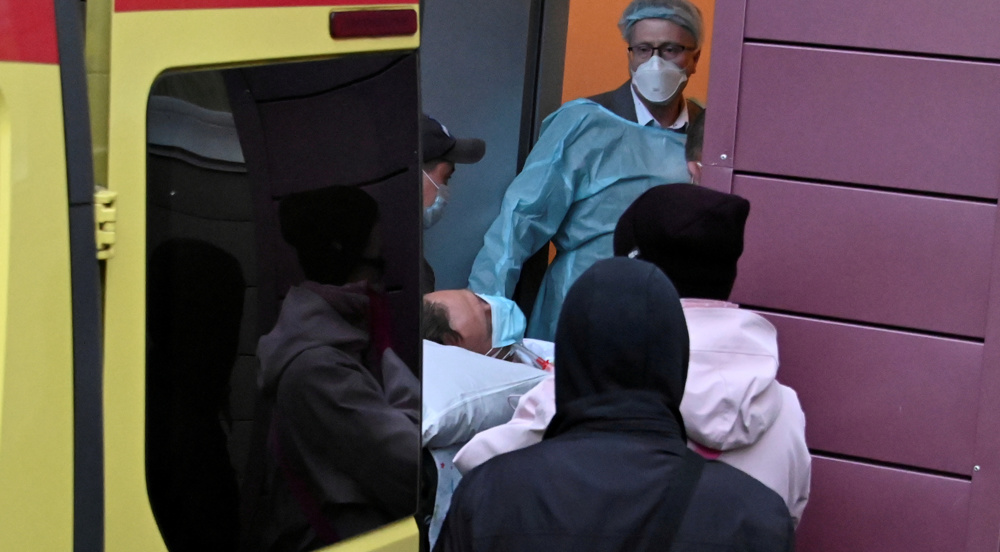


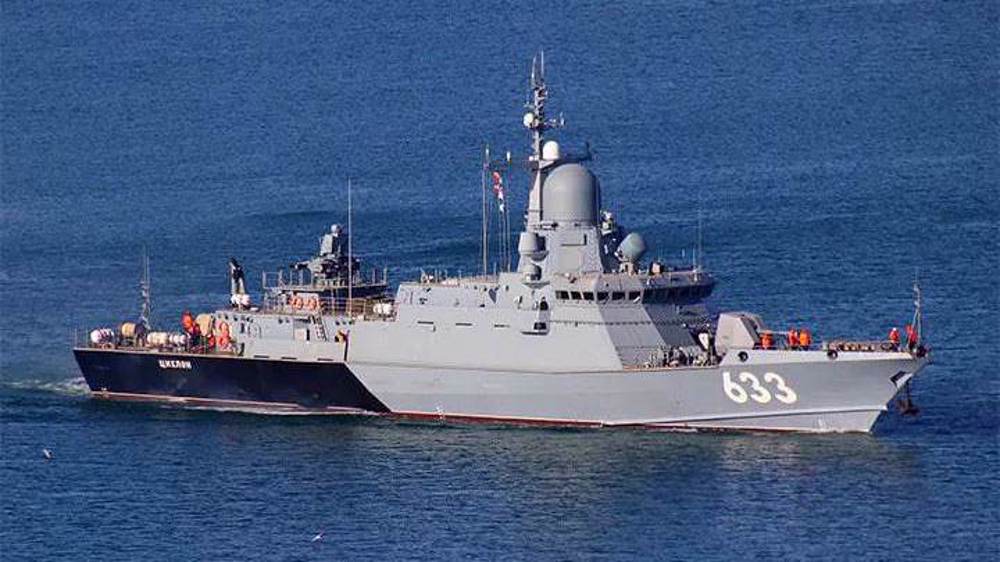
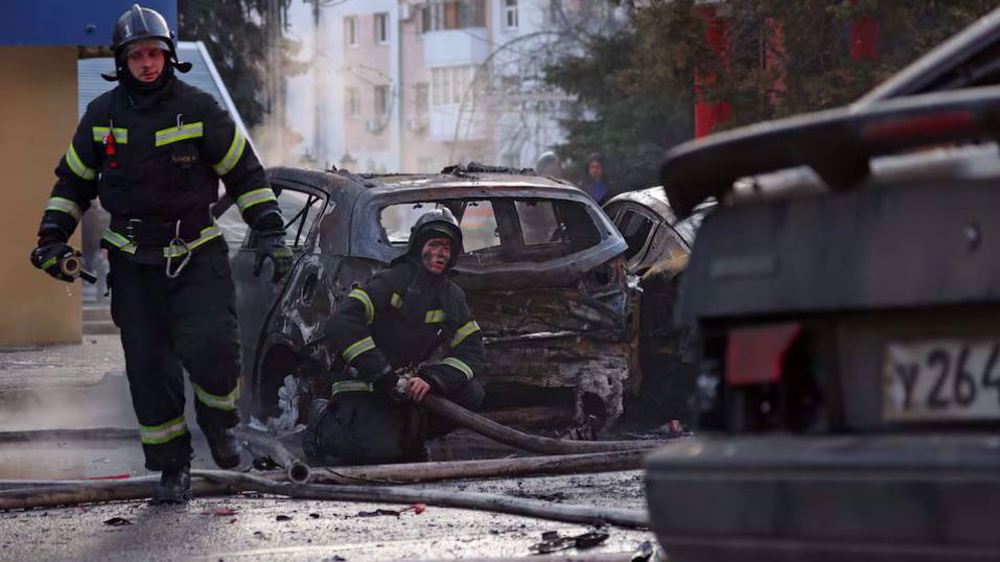
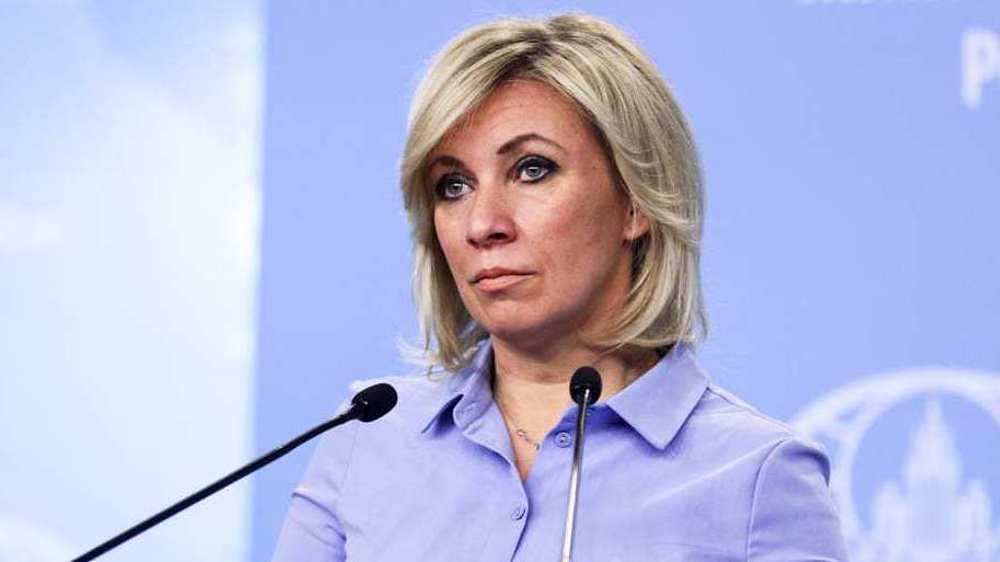



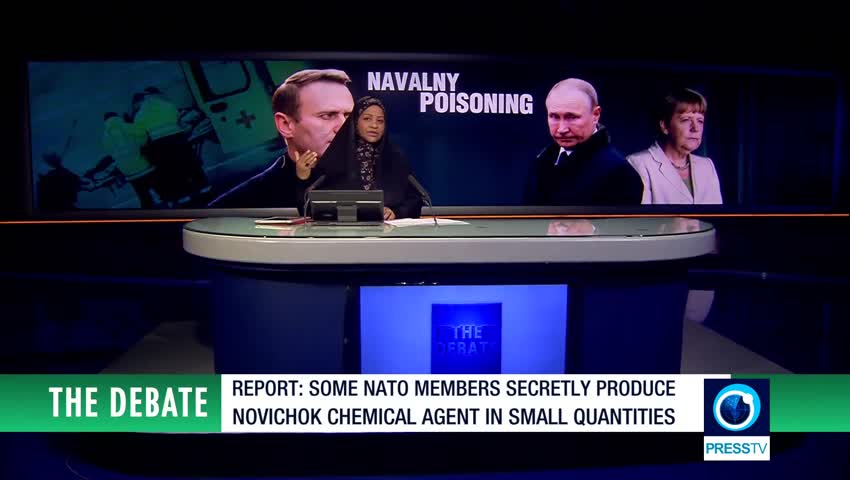
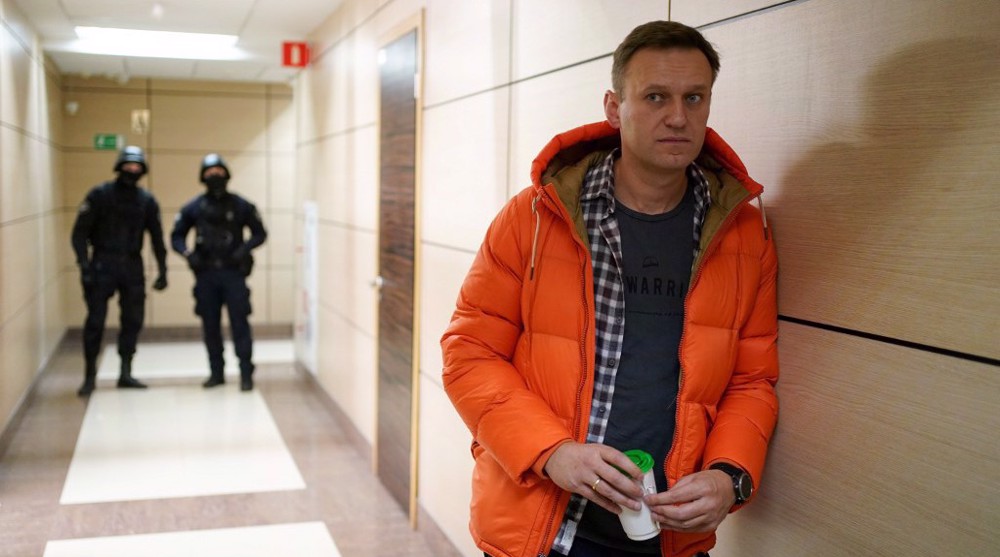
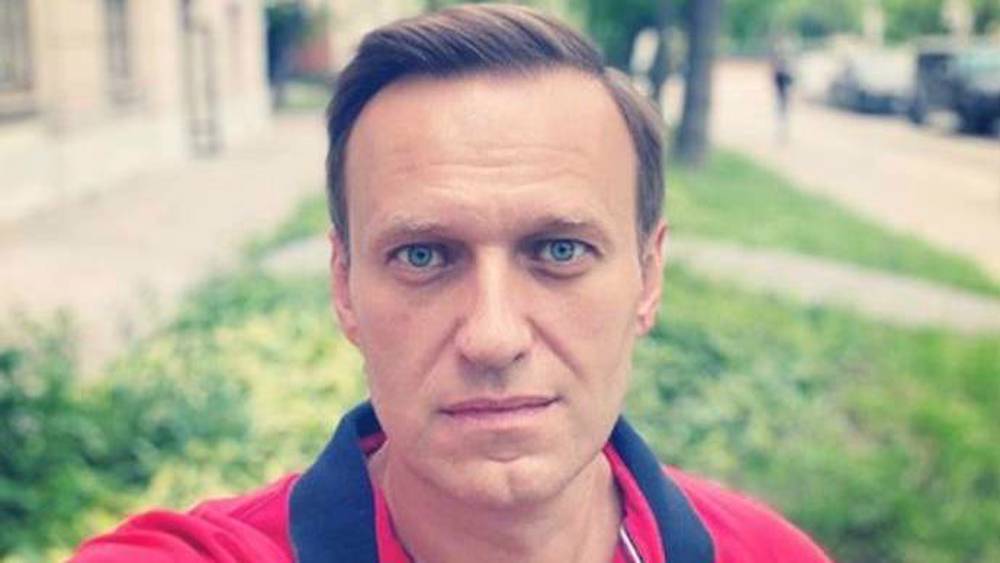

 This makes it easy to access the Press TV website
This makes it easy to access the Press TV website